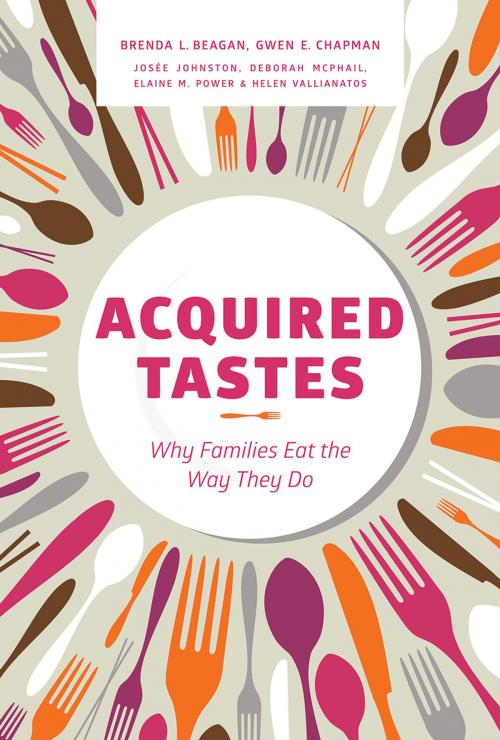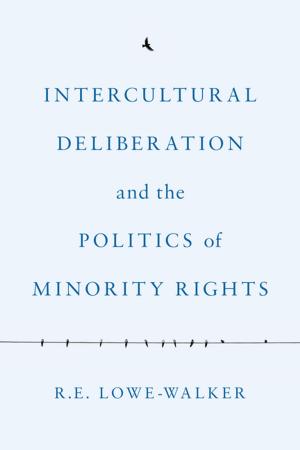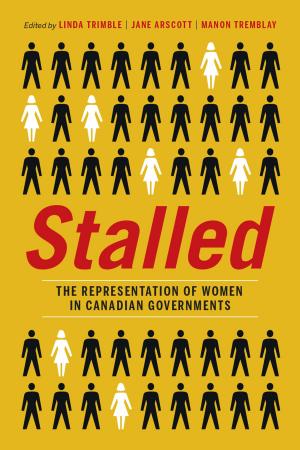Acquired Tastes
Why Families Eat the Way They Do
Nonfiction, Social & Cultural Studies, Social Science, Cultural Studies, Customs & Traditions| Author: | Brenda L. Beagan, Gwen E. Chapman, Josée Johnston, Deborah McPhail, Elaine M. Power, Helen Vallianatos | ISBN: | 9780774828604 |
| Publisher: | UBC Press | Publication: | November 15, 2014 |
| Imprint: | UBC Press | Language: | English |
| Author: | Brenda L. Beagan, Gwen E. Chapman, Josée Johnston, Deborah McPhail, Elaine M. Power, Helen Vallianatos |
| ISBN: | 9780774828604 |
| Publisher: | UBC Press |
| Publication: | November 15, 2014 |
| Imprint: | UBC Press |
| Language: | English |
Magazine articles, news items, and self-improvement books tell us that our daily food choices – whether we opt for steak or vegetarian, takeout or homemade, a TV dinner or a sit-down meal – serve as bold statements about who we are as individuals. Acquired Tastes makes the case that our food habits say more about where we come from and who we would like to be.
Eating preferences and habits never solely reflect personal tastes. Drawing on interviews with parents and teens from over one hundred families in urban and rural Canada, Brenda Beagan, Gwen Chapman, and colleagues show that age, gender, social class, ethnicity, health concerns, food availability, and political and moral concerns shape the meanings that families attach to food and their self-identities. They also influence how its members respond to social discourses on health, beauty, and the environment.
The intimate portraits of family eating habits that grace this book challenge existing beliefs about who determines what families eat (teens or adults), the role of cosmopolitanism in high- and low-income households, and the role that fat anxiety plays among teenage boys and girls. By doing so, they cast doubt on the fundamental assumptions that underlie many public health campaigns.
Magazine articles, news items, and self-improvement books tell us that our daily food choices – whether we opt for steak or vegetarian, takeout or homemade, a TV dinner or a sit-down meal – serve as bold statements about who we are as individuals. Acquired Tastes makes the case that our food habits say more about where we come from and who we would like to be.
Eating preferences and habits never solely reflect personal tastes. Drawing on interviews with parents and teens from over one hundred families in urban and rural Canada, Brenda Beagan, Gwen Chapman, and colleagues show that age, gender, social class, ethnicity, health concerns, food availability, and political and moral concerns shape the meanings that families attach to food and their self-identities. They also influence how its members respond to social discourses on health, beauty, and the environment.
The intimate portraits of family eating habits that grace this book challenge existing beliefs about who determines what families eat (teens or adults), the role of cosmopolitanism in high- and low-income households, and the role that fat anxiety plays among teenage boys and girls. By doing so, they cast doubt on the fundamental assumptions that underlie many public health campaigns.















